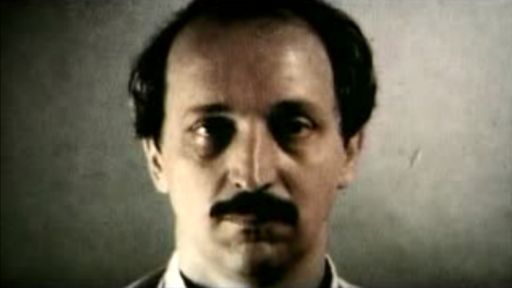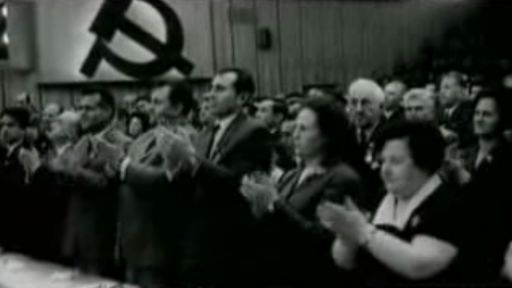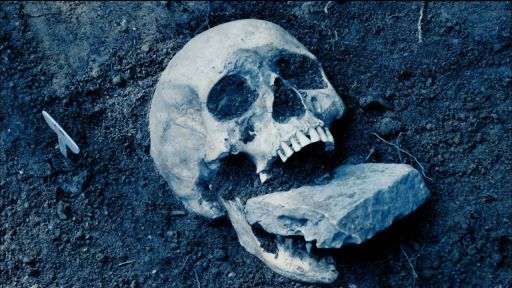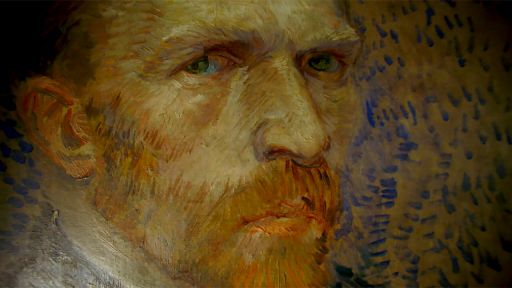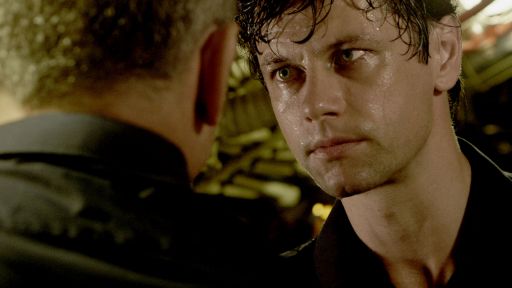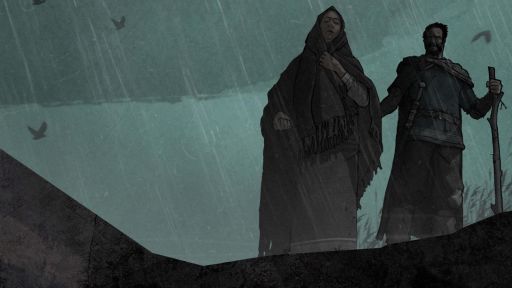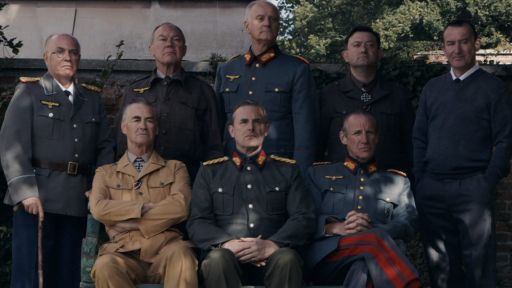The investigation into the assassination of Bulgarian dissident Georgi Markov, murdered with a poison-filled pellet shot into his leg (possibly with a converted “umbrella gun”) at a bus stop in Britain in 1978, was the most unusual and significant case that medical doctor and forensic specialist Christopher C. Green participated in during his twenty year career as an investigative officer with the Central Intelligence Agency. Green in the analysis of the tiny platinum- and iridium-alloy pellet removed from Markov’s leg after his death.
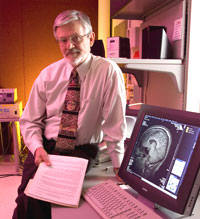
Christopher C. Green, M.D., Ph.D., Fellow in Clinical Imaging and Professor in the Departments of Diagnostic Radiology and Psychiatry and Behavioral Neurosciences, Wayne State School of Medicine.
Photo credit: Robert Stewart Photography, Ltd.
The reason it was so unique, he says, is that “we had pretty much all of the story from a forensic point of view. We had the body, the thing in the body that he was hit with — the pellet — and the stuff from the pellet. We knew that the material used to kill him, ricin, had been under development by a foreign service linked to the incident. We also knew that he had been a target of assassination attempts in the past. The story of him being a target was very well known. So we had information on the means, motive, and the opportunity.”
“Typically, when someone dies who is involved in an intelligence issue or national policy issue, you have a lot of paranoia , gossip, and rumor, but very little information.” In the Markov case, “we had 80 percent of the story,” says Green, who is now a professor of diagnostic radiology and psychiatry and behavioral neurosciences at Wayne State University’s Detroit Medical Center, where he uses brain imaging techniques to watch how the brain functions as people make decisions. (His current work, he says, is a logical outgrowth of his service at the CIA — where he still serves as a consultant. At the CIA, Green studied how the brain responds to chemicals and neurological agents, while also investigating foreign advances in biological terrorism and chemical warfare).

Professor Christopher C. Green, M.D., Ph.D., is a fellow in the American Academy of Forensic Sciences.
Although Green and his fellow investigators had all of the forensic information necessary to prove that Markov had been assassinated, and could explain how it happened, Green says that the case would likely have never been solved had Markov not been both a well-known figure in Cold War politics and a well-known target. During his years in exile in Britain, Markov became a broadcast journalist and political commentator for the BBC and CIA-sponsored Radio Free Europe. His sharp criticism of communist party leaders in Bulgaria led to threats on his life. “Most people who say that a foreign power is conspiring to kill them are scatterbrained and delusional,” Green says, “but Markov was viewed as stable, solid, and intellectually rigorous. Without his background, he would have been just a guy who died. His death would have called the result of a ‘febrile illness of unknown cause,’ there would have been no autopsy — and certainly not the forensic autopsy that was done — the pellet would never have been found, and we never would have known what really happened.”
